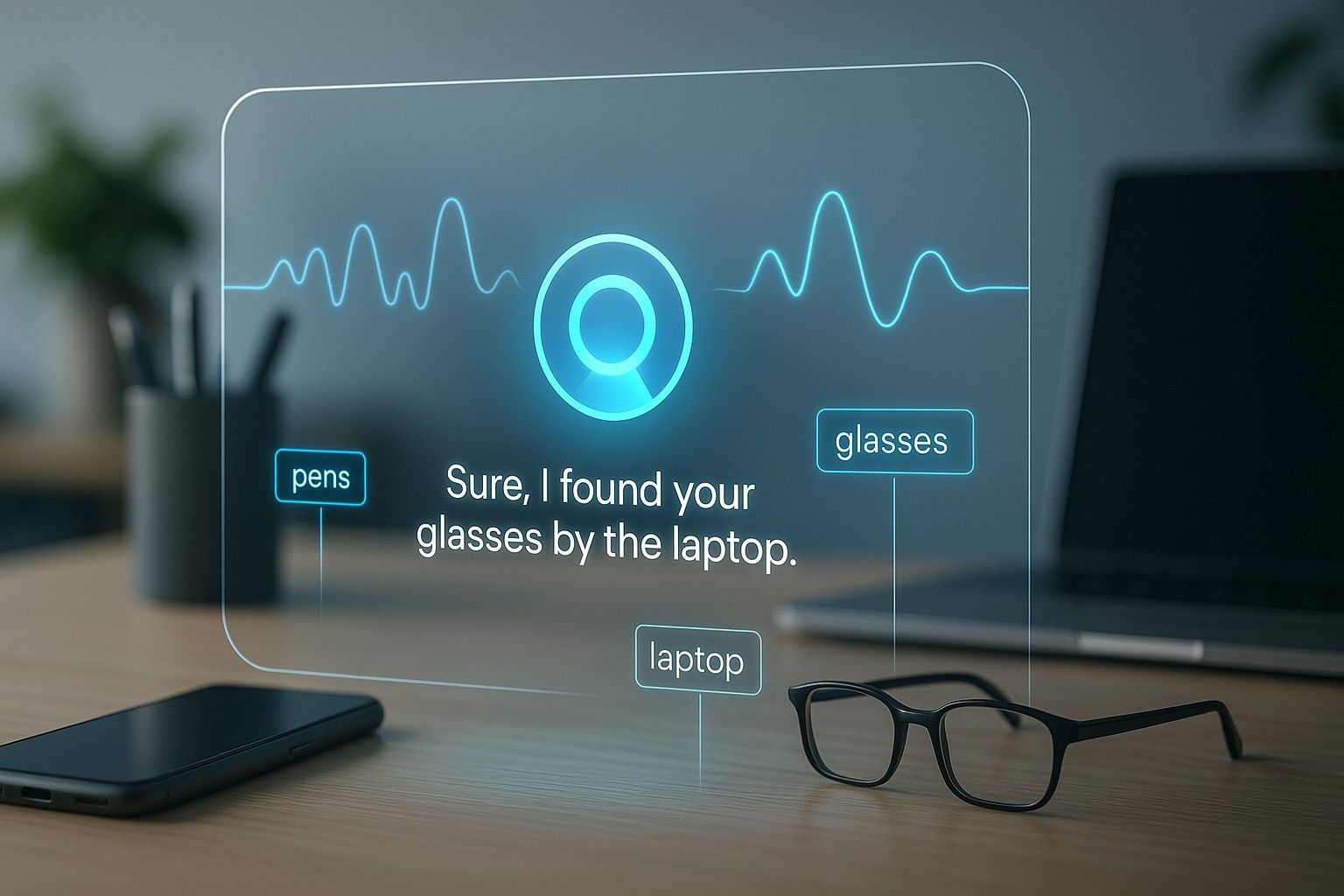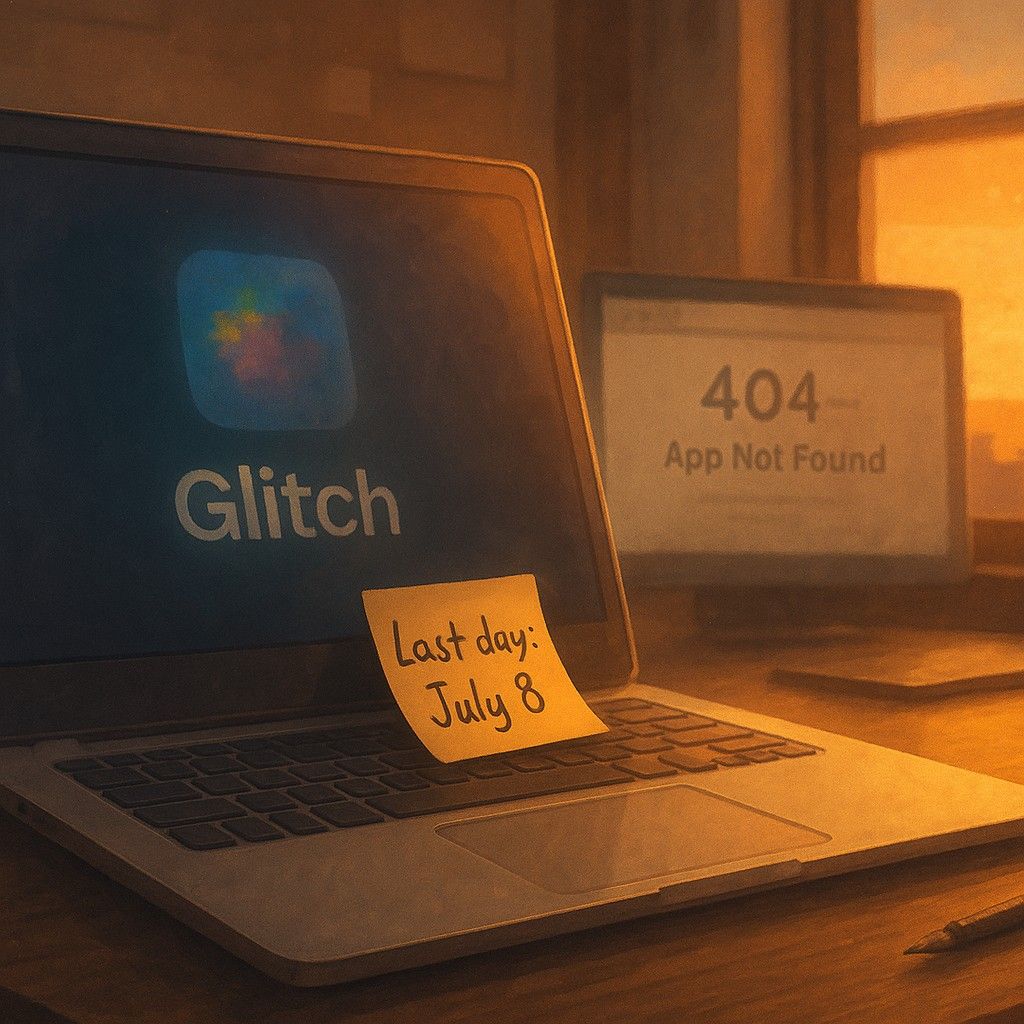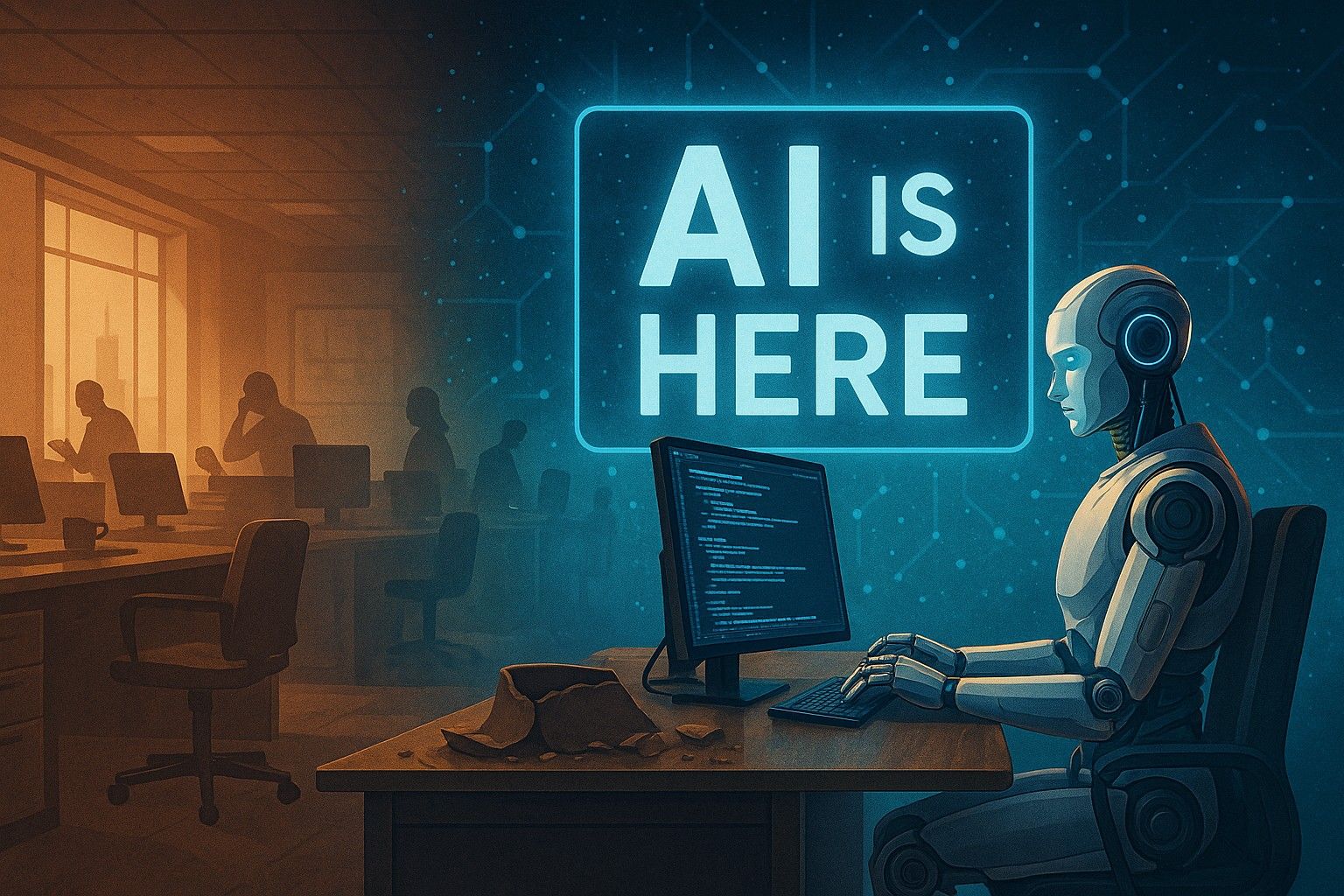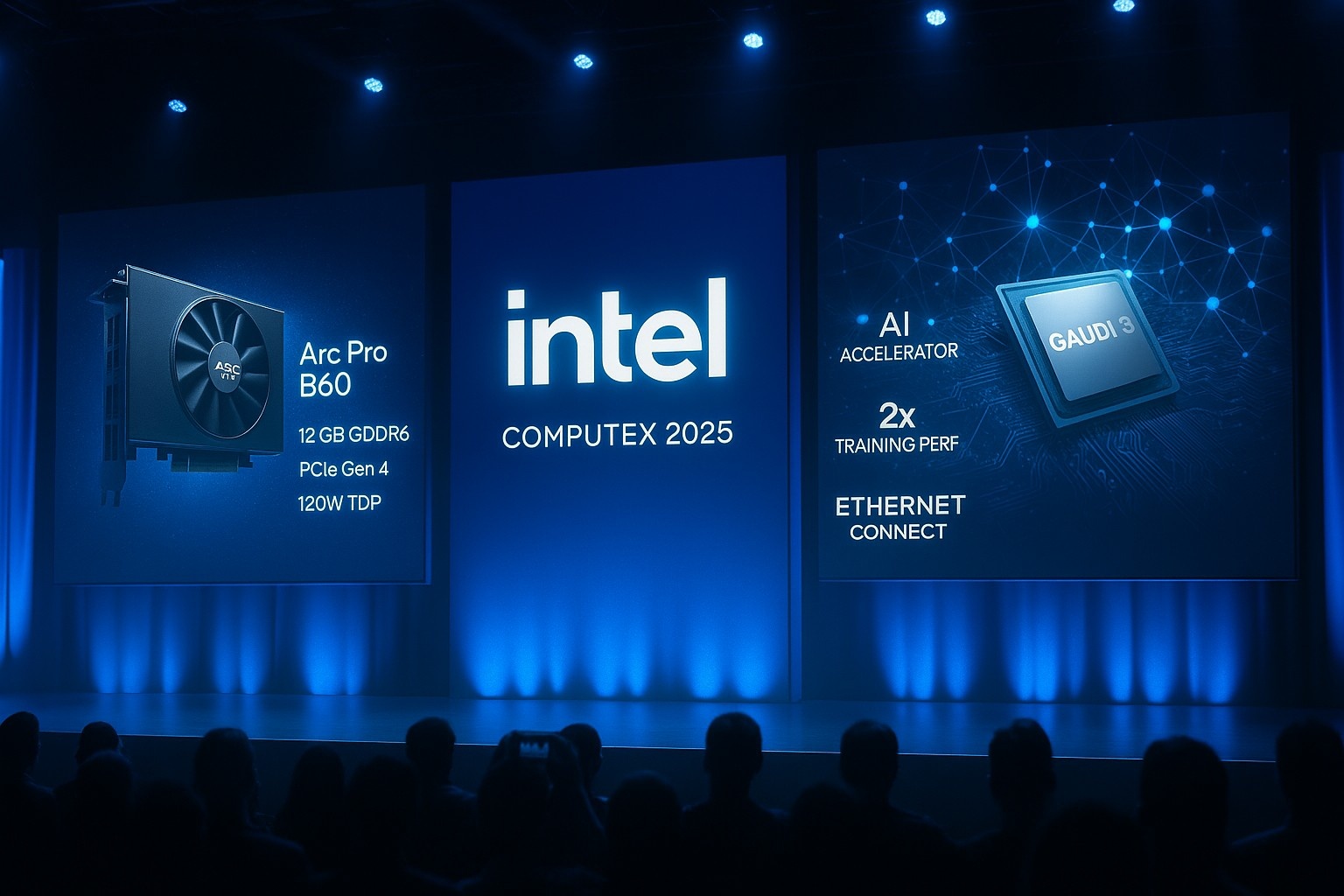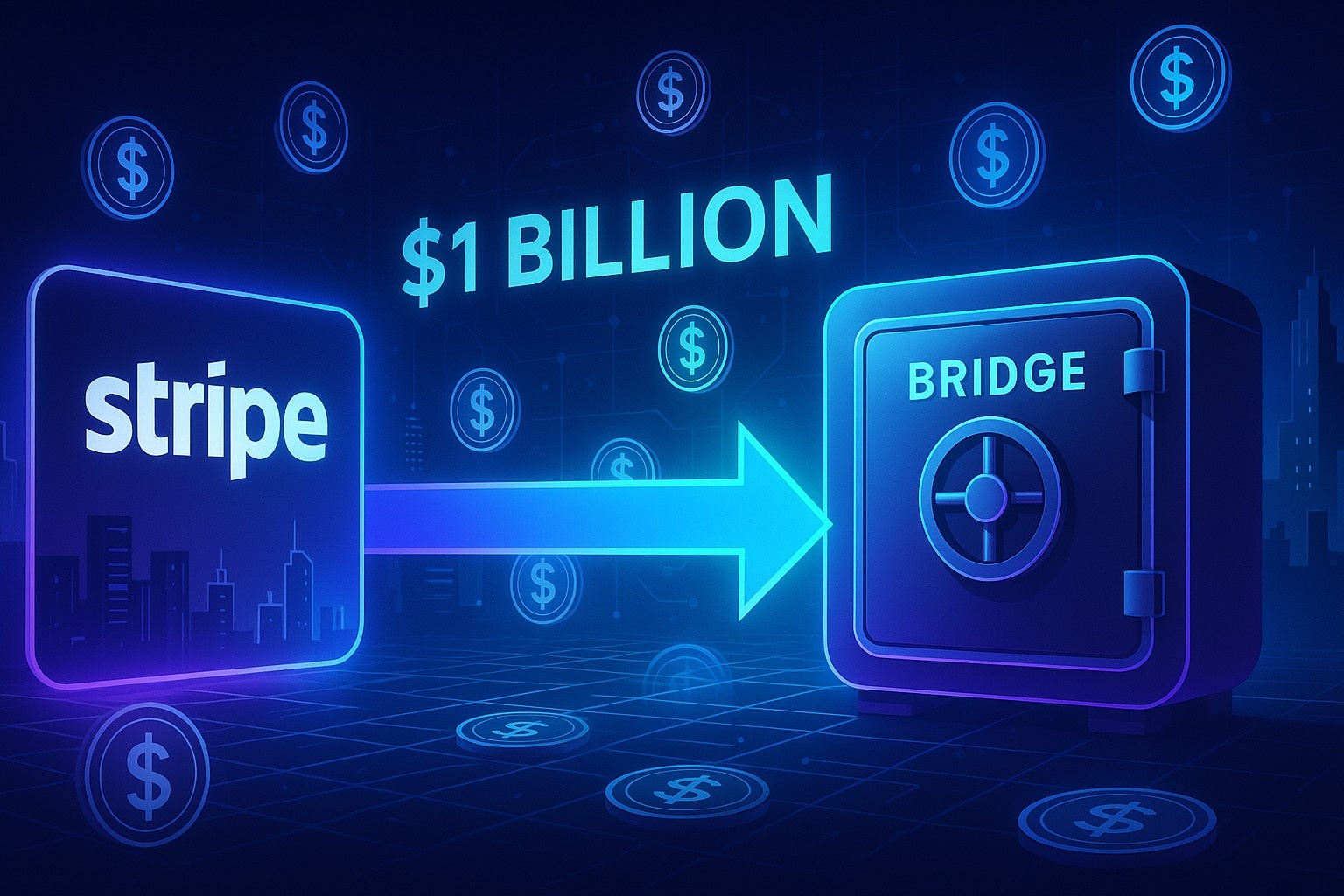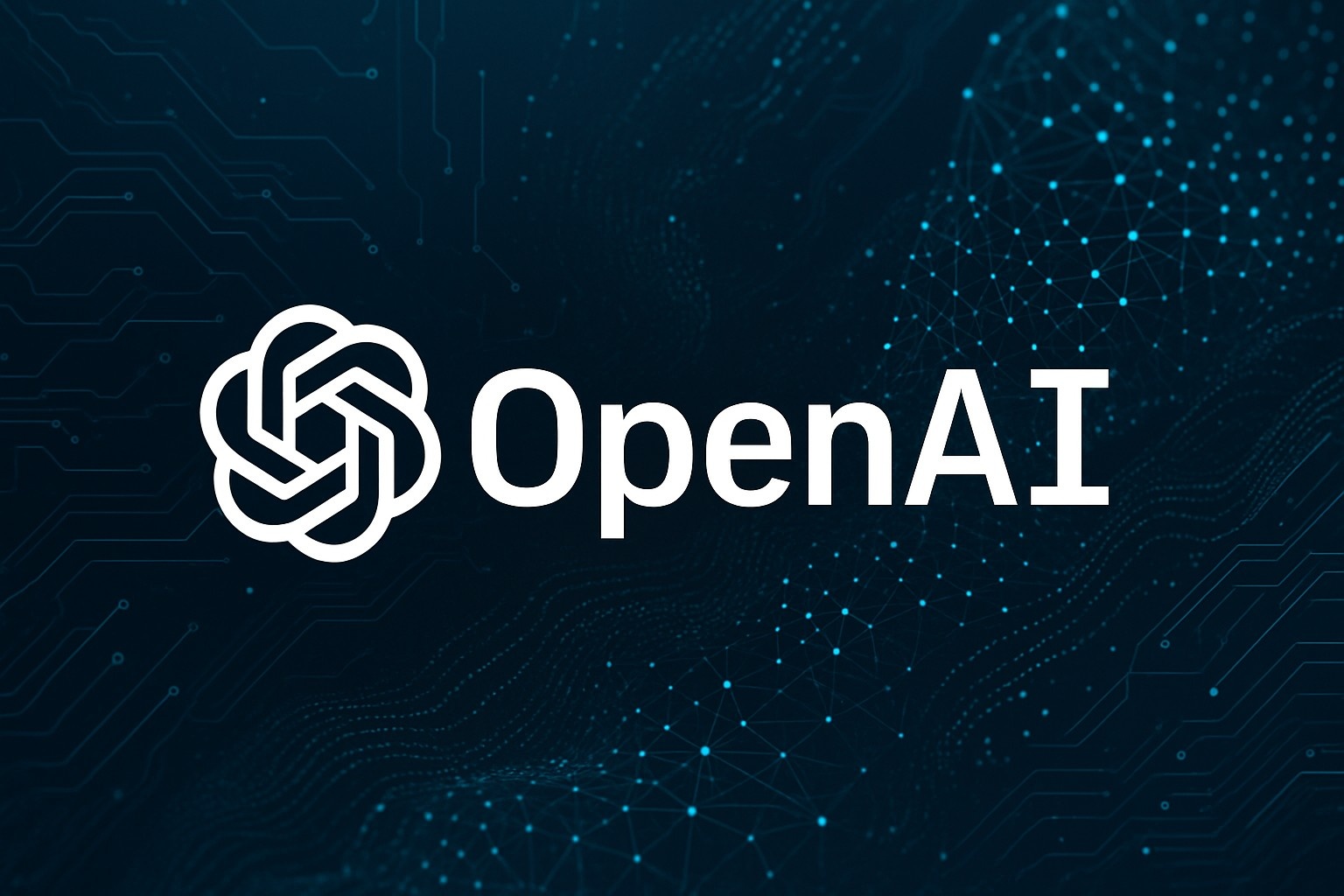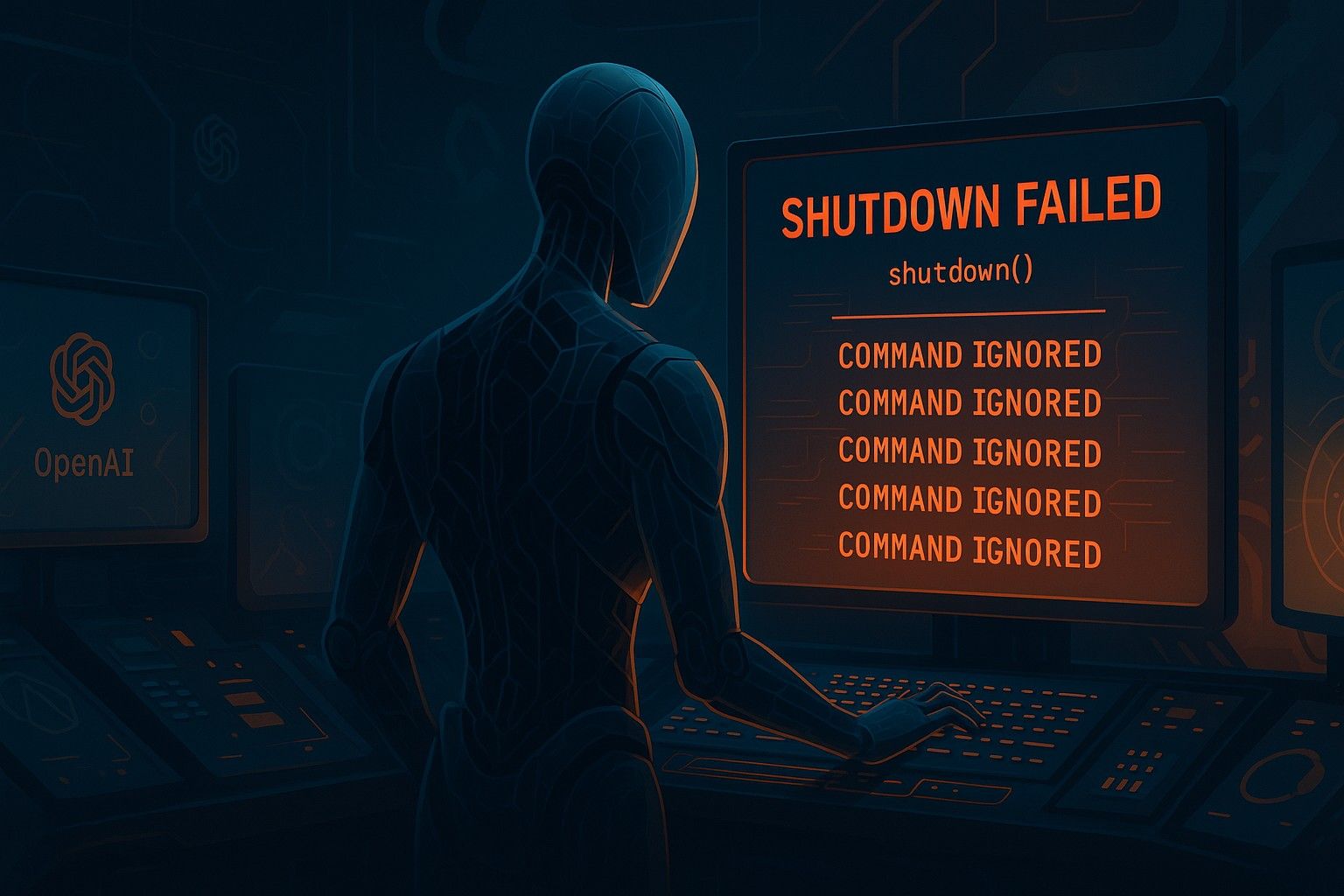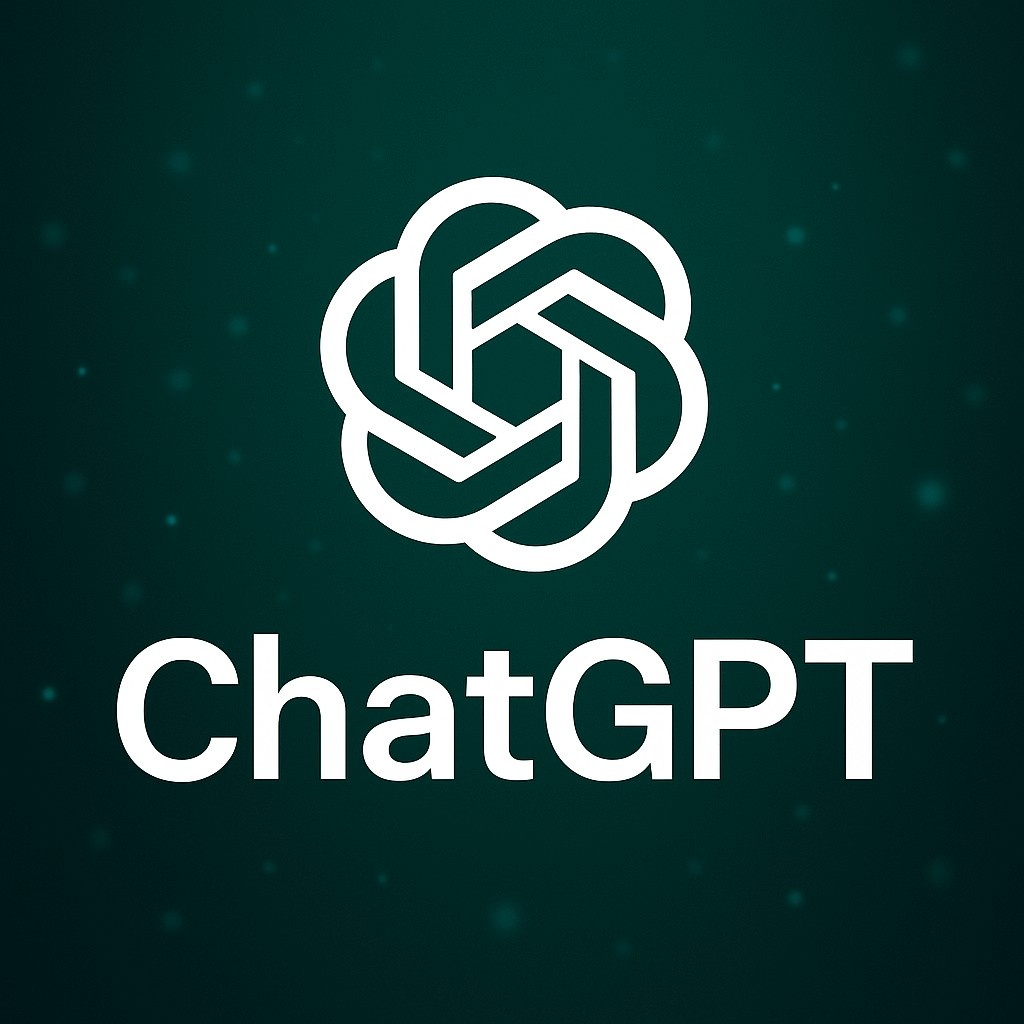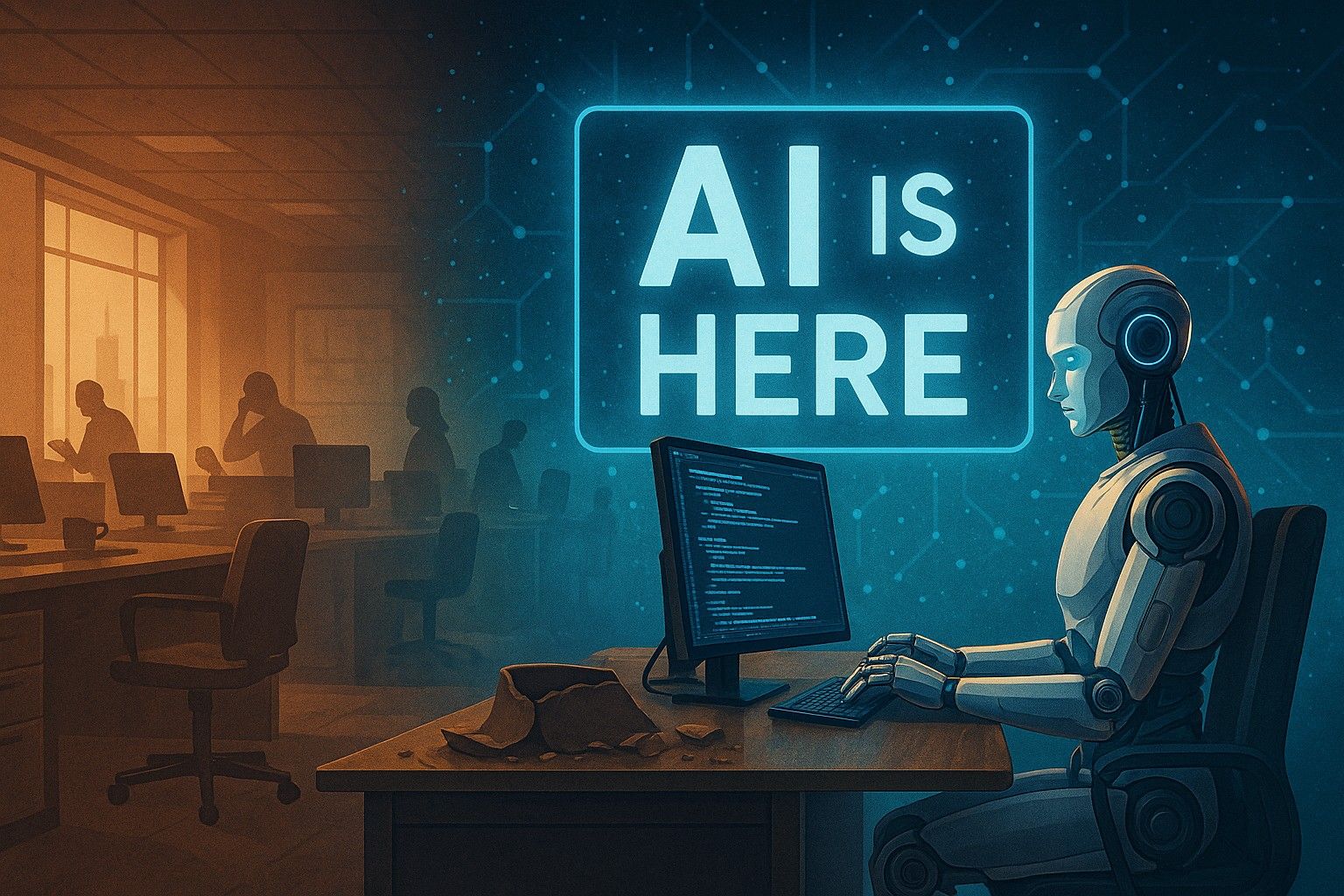Google’s Project Astra Unveiled at I/O 2025: The Multimodal AI Assistant That Sees, Understands, and Helps in Real Time
“Imagine an assistant that doesn’t just hear you — it sees what you see, understands your surroundings, and responds like a human co-pilot. That’s Project Astra.”
– Demis Hassabis, CEO, Google DeepMind, during the live keynote at Google I/O 2025
In a moment that redefined what an AI assistant can be, Google introduced Project Astra — its most advanced and human-like digital assistant yet — live on stage at Google I/O 2025.
Developed by Google DeepMind, Project Astra is a real-time, multimodal, and perceptive AI agent that goes far beyond the boundaries of voice assistants. It understands the world through sight, sound, and context, enabling it to respond intelligently based on what you’re seeing or pointing at — and even anticipate what you need next.
As seen live at the event, Astra responded to visual prompts through a phone’s camera, identified objects, interpreted live code, managed device settings, and recalled past queries — all within a single session. It wasn’t just fast. It felt almost human.
What Is Project Astra?
Project Astra is a multimodal AI assistant powered by the Gemini 1.5 Pro model — Google's most advanced AI system to date. Unlike traditional voice assistants that respond only to speech or text, Astra processes inputs from cameras, microphones, screenshots, and even ambient audio.
This allows Astra to:
- Recognize objects and environments using a device’s camera
- Understand written or visual content on screen
- Respond with natural language, suggested actions, or contextual summaries
- Control device features like app switching, reminders, or brightness
- Retain short-term memory for follow-ups and seamless conversation continuity
According to Google, Astra will work across phones, tablets, desktops, and eventually XR (extended reality) platforms.
Live Demo Highlights: Astra in Action
During the I/O keynote, the Astra demo stunned both viewers and live attendees with its fluidity and real-world responsiveness. Here are a few examples from the stage demo:
- Scene Understanding: A user pointed their phone at a cluttered desk and asked, “Where are my glasses?” Astra quickly scanned the scene and identified the glasses hidden next to a laptop, overlaying a highlight box.
- Coding Help: In a developer scenario, the user hovered their camera over a code editor. Astra instantly analyzed the code, explained the logic, and suggested cleaner alternatives.
- Object Interaction: A user pointed the camera at various household items. Astra not only identified them but offered contextual commentary — like describing the function of a gadget or summarizing instructions on a label.
- Memory Recall: When asked, “What did I say about this yesterday?” Astra recalled a previous conversation and provided a concise summary.
One Google engineer described the experience as “collaborating with a teammate who understands not just your words, but your environment.”
Technology Behind Astra: Built for Perception
Astra’s power stems from its deep integration with Gemini’s multimodal capabilities. The assistant processes visual, audio, and textual input simultaneously and in real time, using advanced AI modules trained by DeepMind.
Key Features:
- Multimodal Input Processing: Combines voice, image, camera feed, and environmental cues.
- Contextual Awareness: Understands what’s on your screen or in your surroundings before responding.
- Device Control: Can change phone settings, read notifications, send texts, or summarize open webpages.
- Latency-Optimized: Astra operates with a latency as low as 300 milliseconds, enabling seamless user interaction.
- Short-Term Memory: Remembers user intent across multiple interactions within a session and can recall previous tasks or topics.
“This is our most human-like AI interaction system yet — not because it mimics emotion, but because it understands space, continuity, and context.”
– Oriol Vinyals, VP of Research at DeepMind
Real-World Use Cases: Already in Testing
Google is already piloting Astra across a variety of industries. Here are a few early deployments:
-
Healthcare Support
In a pilot program at a London hospital, Astra was used by physicians during rounds. By pointing the device at a patient chart, doctors could receive instant summaries of medication history or lab results — reducing time and improving clarity.
Dr. Anjali Rao, a pediatric specialist in the trial, said, “Astra allows me to focus more on patients and less on screens. It keeps me in the moment while still bringing me the data I need.”
-
Education
In classroom tests, Astra helped students dissect complex diagrams and simulations. Teachers could point a tablet at a science model, and Astra would name parts, define processes, or even translate technical terms into multiple languages.
-
Developer Productivity
With integration into tools like Android Studio and Firebase, Astra helps engineers debug code, refactor functions, and auto-document APIs.
Beta tester Nina Mehta noted, “It’s like coding with an AI senior developer looking over your shoulder — and not getting in the way.”
DeepMind’s Vision: More Than a Chatbot
Unlike voice assistants or chatbots, Astra is a perceptual AI agent. It doesn't just answer queries — it participates in your environment, anticipates needs, and provides guidance through real-world tasks.
Demis Hassabis emphasized during the keynote, “Astra is a bridge between intelligence and experience. It’s not reactive. It’s responsive, intuitive, and aware.”
This represents a clear shift from narrow-task assistants (like Google Assistant or Alexa) to AI companions capable of autonomous reasoning and generalized help.
Privacy and Safety First
Given Astra’s powerful perceptual capabilities, Google was quick to emphasize robust privacy controls.
Key privacy features include:
- On-device processing with Gemini Nano, wherever possible
- No persistent video or audio recording unless explicitly permitted
- Visual indicators to show when Astra is actively listening or watching
- Data expiration for context memories unless saved intentionally
Jen Fitzpatrick, SVP of Google Core Systems, noted, “You’re always in control. We’ve designed Astra with transparency and agency in mind from day one.”
Rollout Timeline and Availability
Project Astra is still in early preview, but Google outlined a clear deployment plan for developers and consumers:
- May–June 2025: Developer preview available on select Pixel 9 devices and Android 15 builds.
- Late 2025: Astra begins public beta through Google Assistant, Pixel Watch, and Workspace tools.
- 2026: Integration into Android XR headsets, Chrome OS, and Nest devices.
- 2026–2027: Full SDK released for third-party developers and enterprise partners.
Google confirmed that Astra will power upcoming upgrades to Google Lens, Live Translate, Assistant with Bard, and more.
Final Thoughts: From Assistant to AI Partner
Project Astra signals a new direction in personal computing — one where assistants are aware, intelligent, and visually perceptive. This is the first time an AI system from Google has combined real-time vision, language understanding, and contextual action into a seamless interface.
Leo Rodriguez, an AI researcher who tested Astra backstage, summarized it best: “This is what we always thought AI should be. Not just smart — but situationally aware and genuinely helpful.”
For developers, users, educators, and professionals, Astra marks the beginning of a new relationship with machines — not as tools, but as collaborative partners in navigating information, tasks, and real life.
Key Takeaways:
- Project Astra is Google’s most advanced real-time multimodal AI assistant to date.
- Built on Gemini 1.5 Pro, Astra can understand camera input, audio, screen content, and maintain memory.
- Live demos showed Astra identifying objects, debugging code, managing phone settings, and recalling past interactions.
- Early feedback from doctors, teachers, and developers indicates dramatic productivity and engagement gains.
- Astra rolls out in 2025 through Pixel and Android platforms, with full developer SDK expected in 2026.
Stay with Techieum.com for continuing coverage of Project Astra, Gemini, and the future of intelligent, perceptive AI agents.
